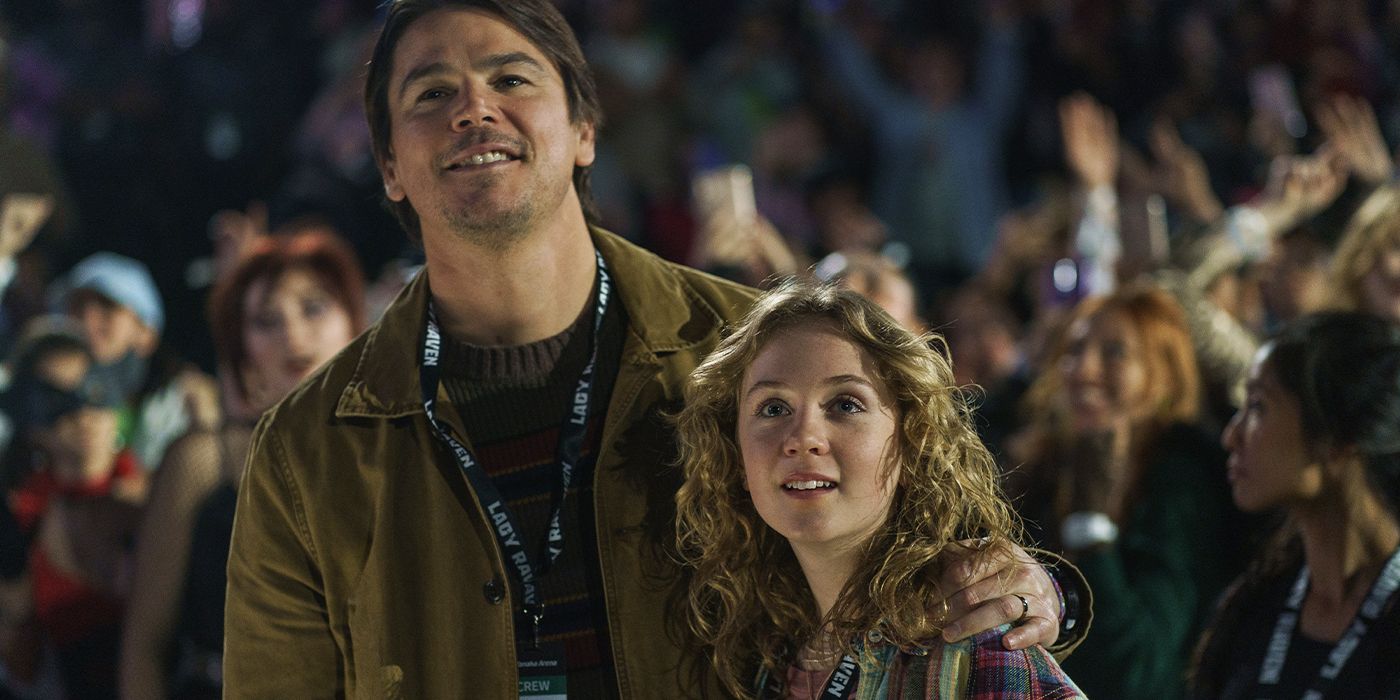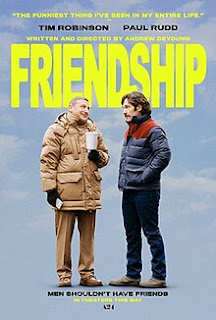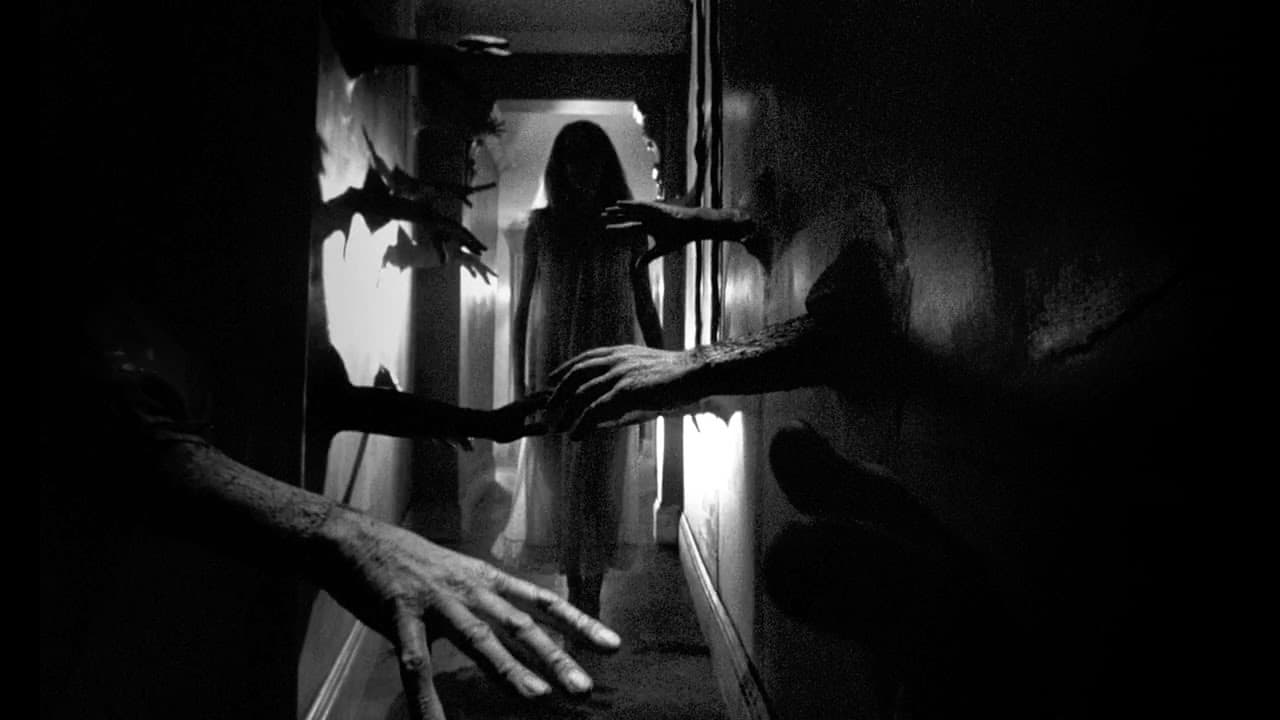Ari Aster has written and directed four feature-length films -- Hereditary, Midsommer, Beau is Afraid and his latest, Eddington.
To say Aster has a singular narrative voice is to oversimplify the, well, oddness of his cinematic vision. That's not to say his pictures are bad. It's more a case of being -- as is true of many other pictures by film auteurs -- uncompromisingly complex and not altogether clear in messaging and intent. None of Aster's four pictures -- at least to my mind -- is cheery. Aster doesn't do cheer, even though he has trenchant wit and unnatural attraction to tragic irony.
Eddington takes place in a small, dusty New Mexico town of a few thousand people, who represent to a great degree the diversity of modern America, especially its warriors and whack jobs.
As the picture opens, it is May 2020, and the residents of Eddington are squabbling about masking against Covid-19. Mayor Ted Garcia, an always-welcome Pedro Pascal, is complying with the governor's orders for masking in public as he works with the council to secure a new tech plant that could possibly bring ecological problems to the town which borders a Native American reservation.
Town Sheriff Joe Cross (Aster alum and apparent muse Joaquin Phoenix) opposes the masking measure and refuses to enforce the law that the mayor insists will keep citizens alive. This tete-a-tete leads to the weaving of a dozen or so other social and political issues into this tale of what is ostensibly a private dispute between two old adversaries. (The reason for the bad blood is revealed in the second half of the picture.) And this beef eventually leads to a showdown, but certainly nothing like any ever staged in a Western before.
At this time, protests in response to the Gerald Floyd killing have sprung up around the country. TV and social media are blazing with news footage, attacks and appeals, and even citizens of Eddington get into the mix. Public demonstrations and violence shake some Eddington residents and inspire others to want to stick it to the man.
At home, Cross is dealing with his emotionally fragile and unavailable wife, Louise (Emma Stone), and her conspiracy-addicted mother, Dawn (Deidre O'Connell). Slowly he gets drawn into their paranoia, which, in the end, turns out not to be too far off base.
Aster continues to display a unique genius and fills Eddington with winks-and-nods -- maybe a few too many for lazy audiences to fully register. The picture has a raw assurance that will surely please Aster fans even though it may not win him very many new ones.


























